Restorative Dentistry
What is the Best Option for Replacing Missing Teeth?
When life takes your teeth away, use artificial ones to smile again! Tooth loss can happen for many reasons, with age being one of the most common. Studies show that over 50% of people aged 35–55 have at least seven missing teeth. For the elderly, tooth loss can result from systemic diseases, dental issues, gum problems, or bone loss. In younger individuals and children, the most frequent cause is dental decay or cavities. Regardless of the cause, missing teeth can be embarrassing, especially if they’re front teeth. Missing teeth affect more than aesthetics—they can compromise your smile and significantly lower your self-esteem. That’s why consulting your dentist about tooth replacement options is crucial. Restoring your smile can bring back your confidence because a healthy smile truly is a gateway to a healthier life. While dental implants are often considered the gold standard for replacing missing teeth, not everyone is a candidate for them. Thankfully, there are many replacement options available to suit different needs and budgets. Let’s explore the top tooth replacement solutions you can discuss with your dentist.
The Five Best Tooth Replacement Options
Missing one or more teeth can affect your confidence, personality, and ability to eat or speak. Even if dental implants aren’t an option for you, there are several fixed and removable prostheses to choose from: Fixed Prostheses:
- Dental Implants
- Implant-Supported Dentures
- Implant-Supported Dental Bridges Removable Prostheses:
- Partial Dentures
- Complete Dentures
- Tooth-Supported Dental Bridges
Dental Implants
Dental implants are a fixed prosthetic solution surgically placed in the jawbone and consist of three parts:
- A titanium screw embedded in the jawbone.
- An abutment that connects the screw to the crown.
- A dental crown that mimics the appearance of a natural tooth. Implants fuse with the jawbone due to their biocompatibility, offering a 95% success rate while improving bone health. Dental implants replicate the look and function of natural teeth better than any other option. They restore aesthetics, improve speech, and allow normal chewing, making them the top choice for tooth replacement. However, not everyone is a candidate for implants. Let’s explore who qualifies for this treatment. Who Can Get Dental Implants?
- People with excellent oral hygiene
- Those without systemic health issues (e.g., diabetes or blood disorders)
- Individuals with sufficient jawbone density
- Those without gum disease
- Non-smokers
- People committed to lifelong oral hygiene and regular dental visits If you think you qualify for dental implants, consult your dentist for more information. If not, don’t worry—there are still great options to restore your smile!
Implant-Supported Dentures
For individuals missing all teeth in one or both arches but not interested in traditional dentures, implant-supported dentures offer a modern solution. These dentures are anchored by two or more implants, combining the benefits of implants with the convenience of dentures. They provide excellent stability, mimic natural teeth, and can last a lifetime with proper care.
Dental Bridges
Dental bridges are a popular and cost-effective fixed tooth replacement option. There are two main types: 1. Implant-Supported Bridges: A hybrid of dental implants and bridges, this option uses implants to anchor multiple fused crowns, replacing several missing teeth. As with implants, eligibility depends on your overall oral health and jawbone condition. 2. Tooth-Supported Bridges: This traditional option involves cementing a bridge onto natural teeth adjacent to the gap. It’s less invasive and more affordable than implant-supported options. However, it requires healthy teeth on either side of the missing tooth for support. Dental bridges are easy to maintain with regular brushing and flossing and are an accessible solution for many patients.
Removable Partial and Complete Dentures
Removable prostheses are ideal for individuals with significant dental issues or other health concerns, especially the elderly. They’re also a cost-effective option for those with bone loss or limited budgets. Partial dentures replace one or more missing teeth, while complete dentures replace all teeth in one or both arches. These options are non-invasive and easy to maintain, although they can be uncomfortable initially as patients adjust to wearing them.
What Happens if You Don’t Replace a Missing Tooth?
Leaving missing teeth untreated can lead to several oral and overall health problems, including:
- Altered facial aesthetics
- An unhealthy, incomplete smile
- Misaligned teeth as neighboring teeth shift into the gap
- Difficulty speaking clearly
- Trouble chewing, leading to poor nutrition
- Bone loss in the jaw
- Increased risk of dental issues Replacing missing teeth is essential to maintaining your health and quality of life.
How Much Does It Cost to Replace a Tooth?
The cost of tooth replacement depends on several factors, including the number of teeth being replaced, their location, the health of your jawbone, and the type of prosthesis chosen. The best way to get an accurate estimate is to schedule a consultation with your dentist. Remember, replacing a missing tooth is more than an investment in your smile—it’s an investment in your overall health.
Conclusion
Tooth replacement is vital for restoring your confidence, aesthetics, and oral health. With various options available—such as dental implants, dentures, and bridges—you can find a solution that suits your needs and budget. Discussing these options with your dentist will help you make an informed decision and get back to smiling confidently.


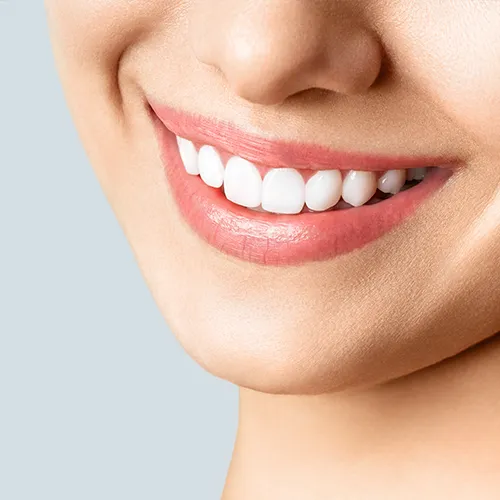
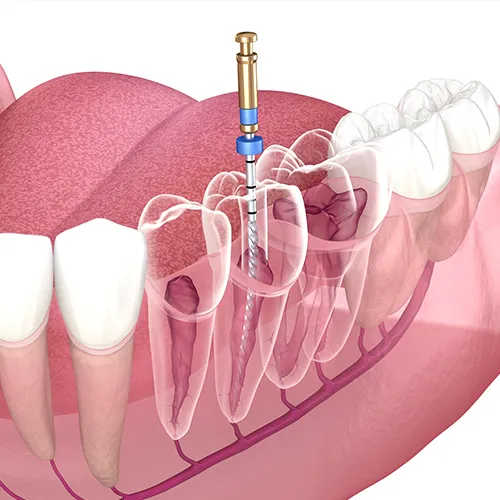
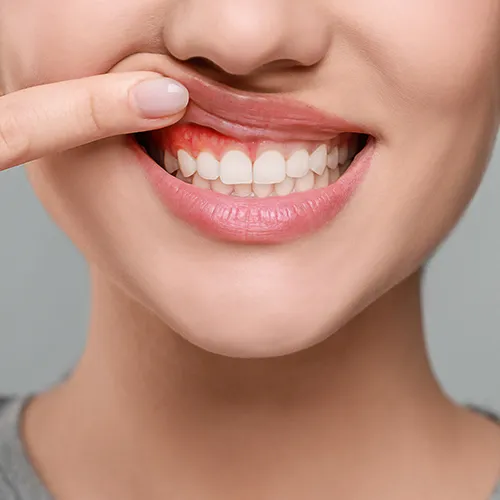
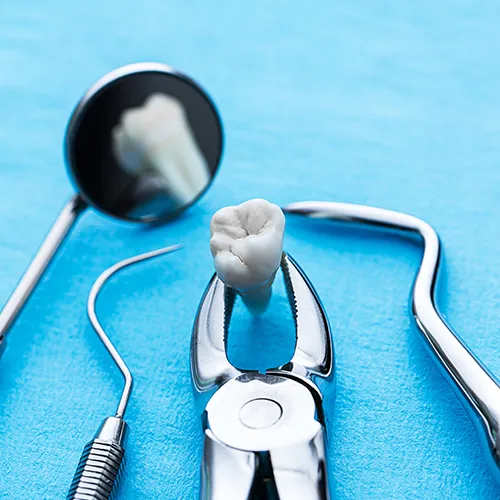
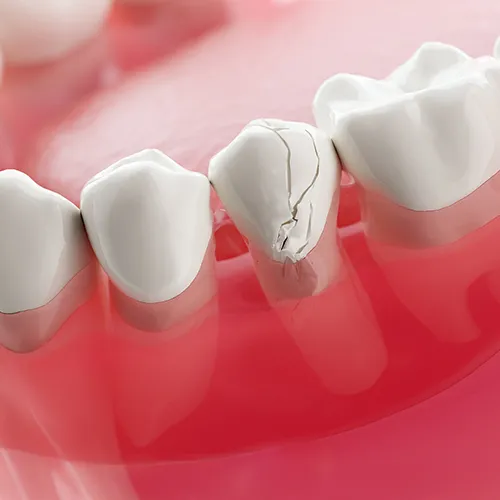
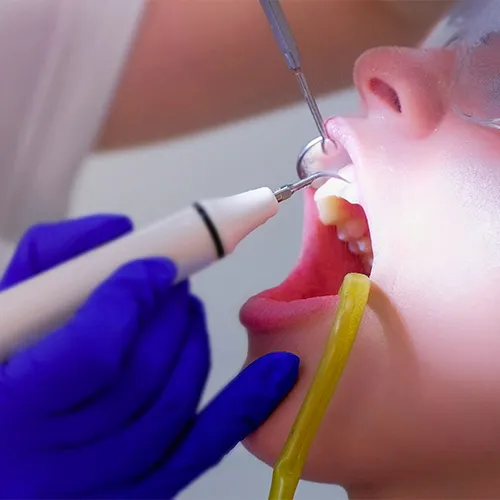
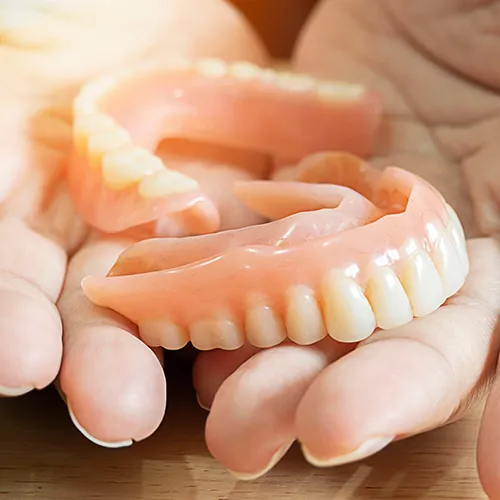
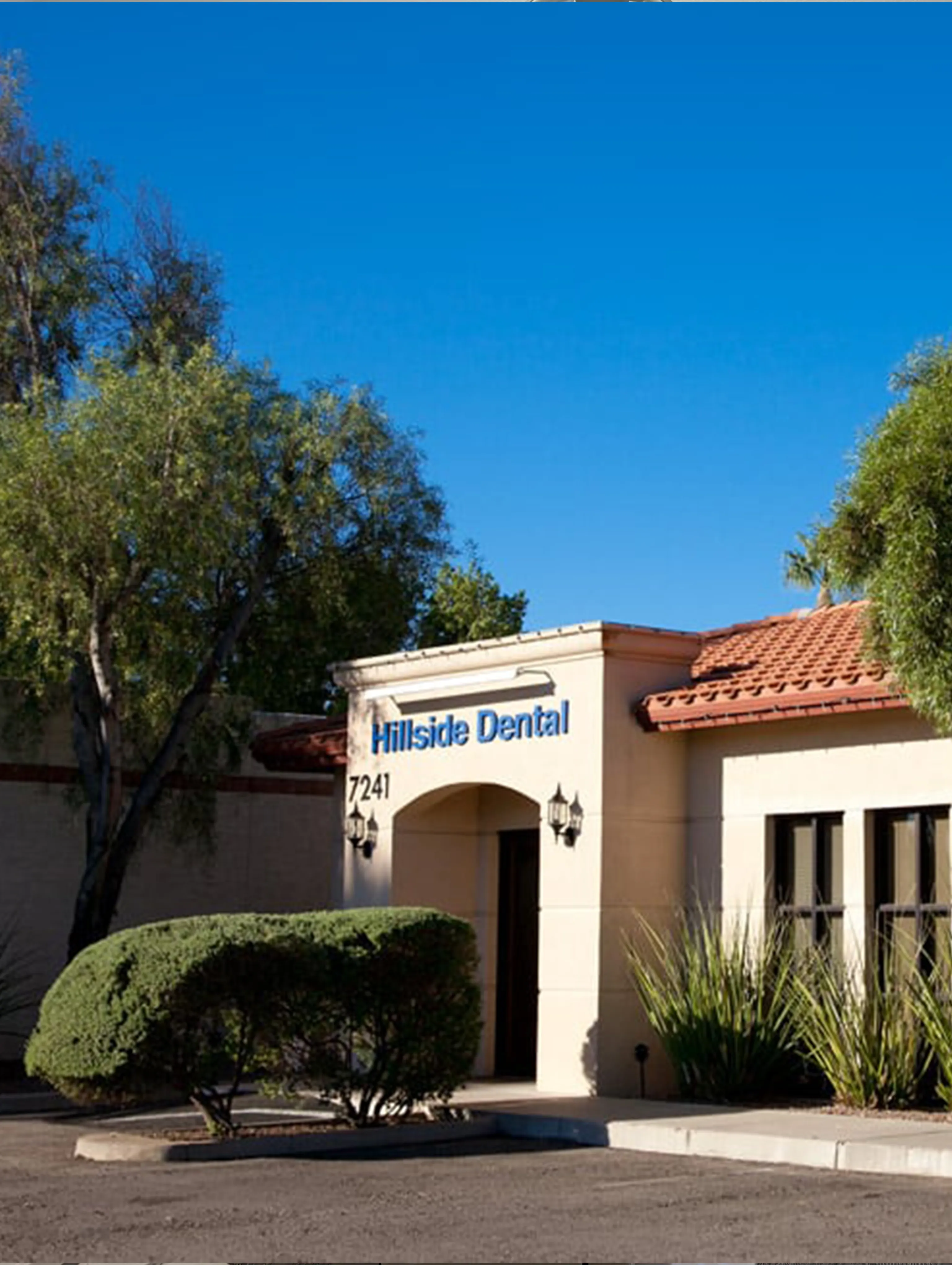
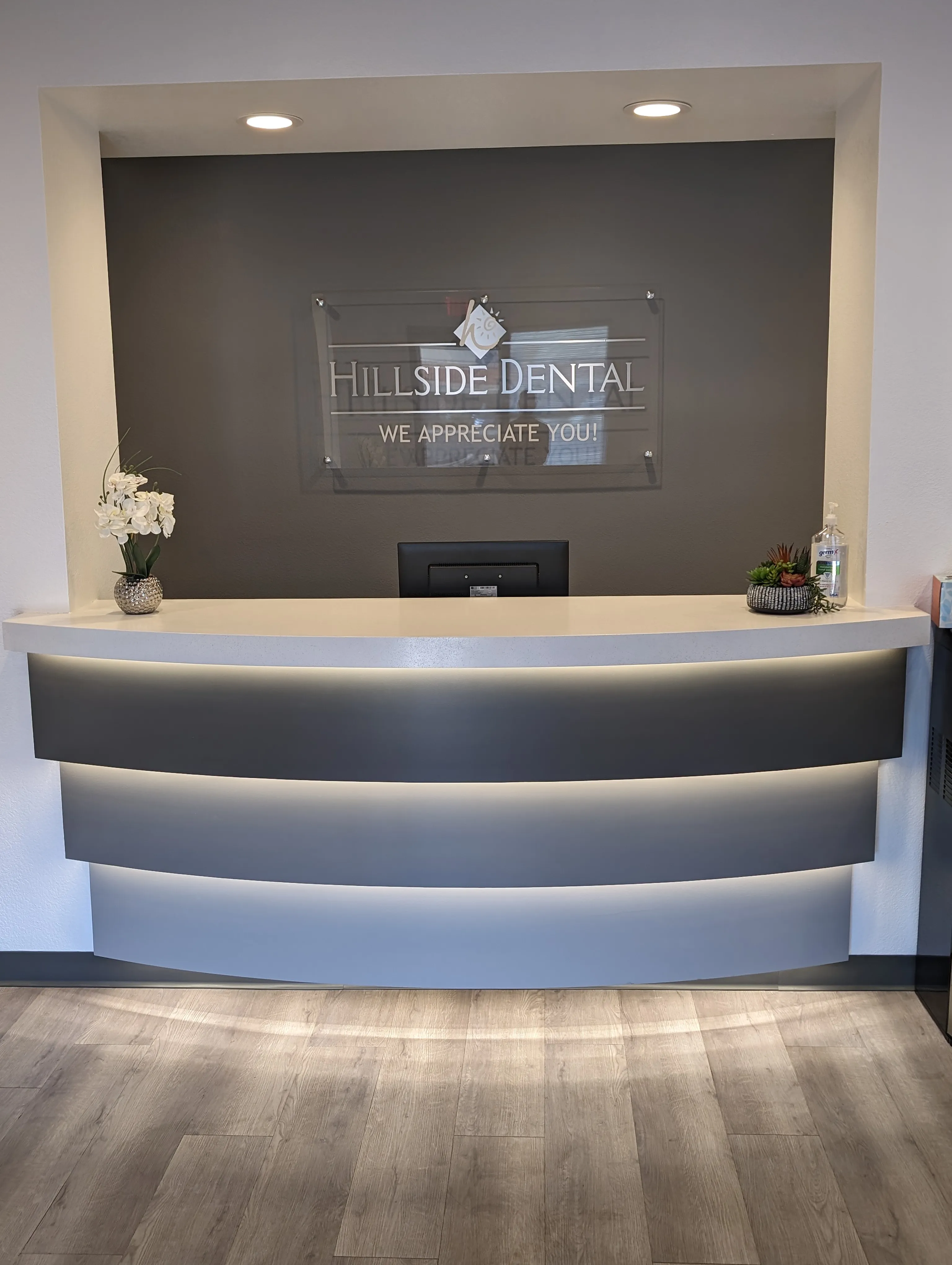
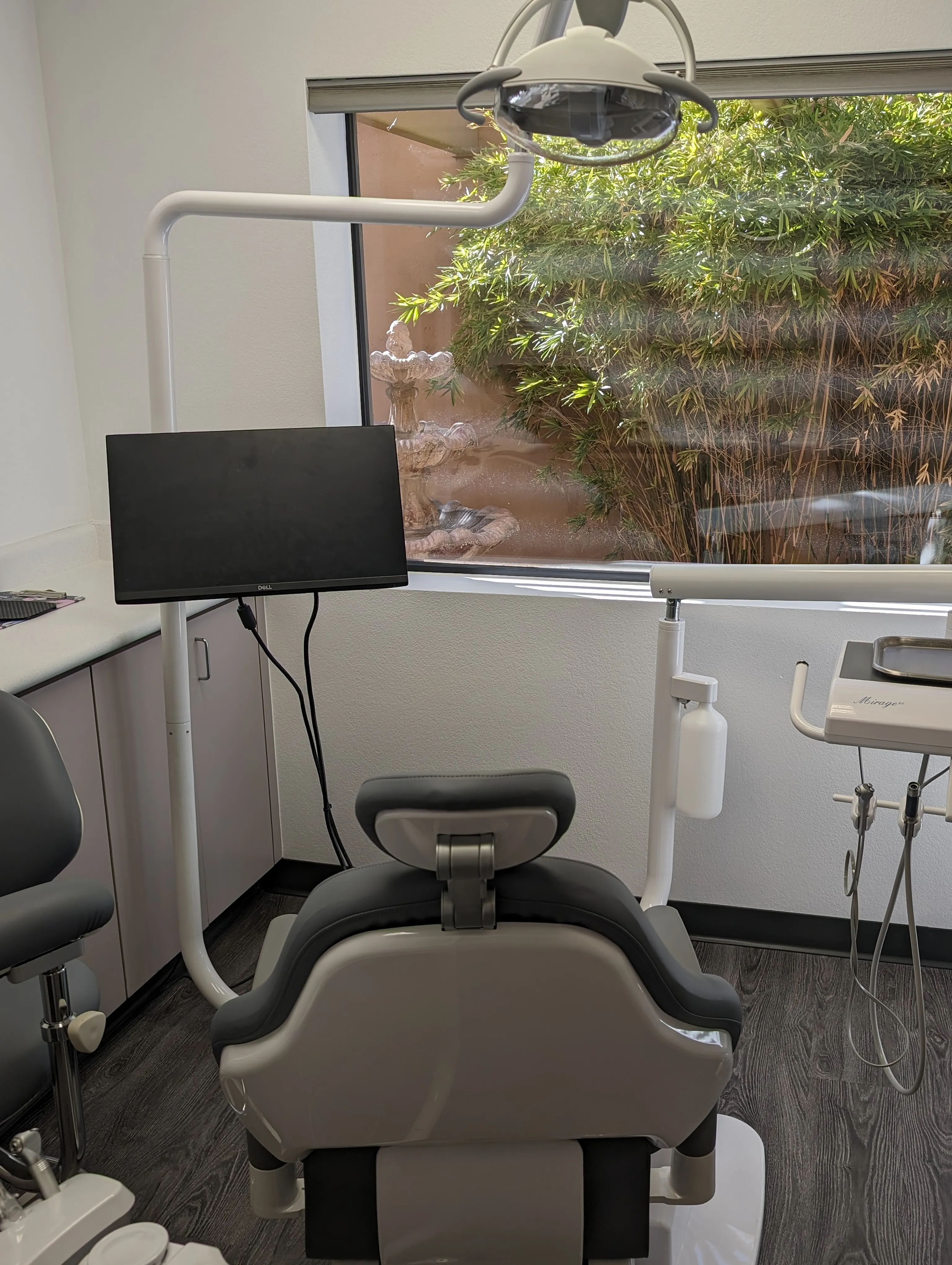



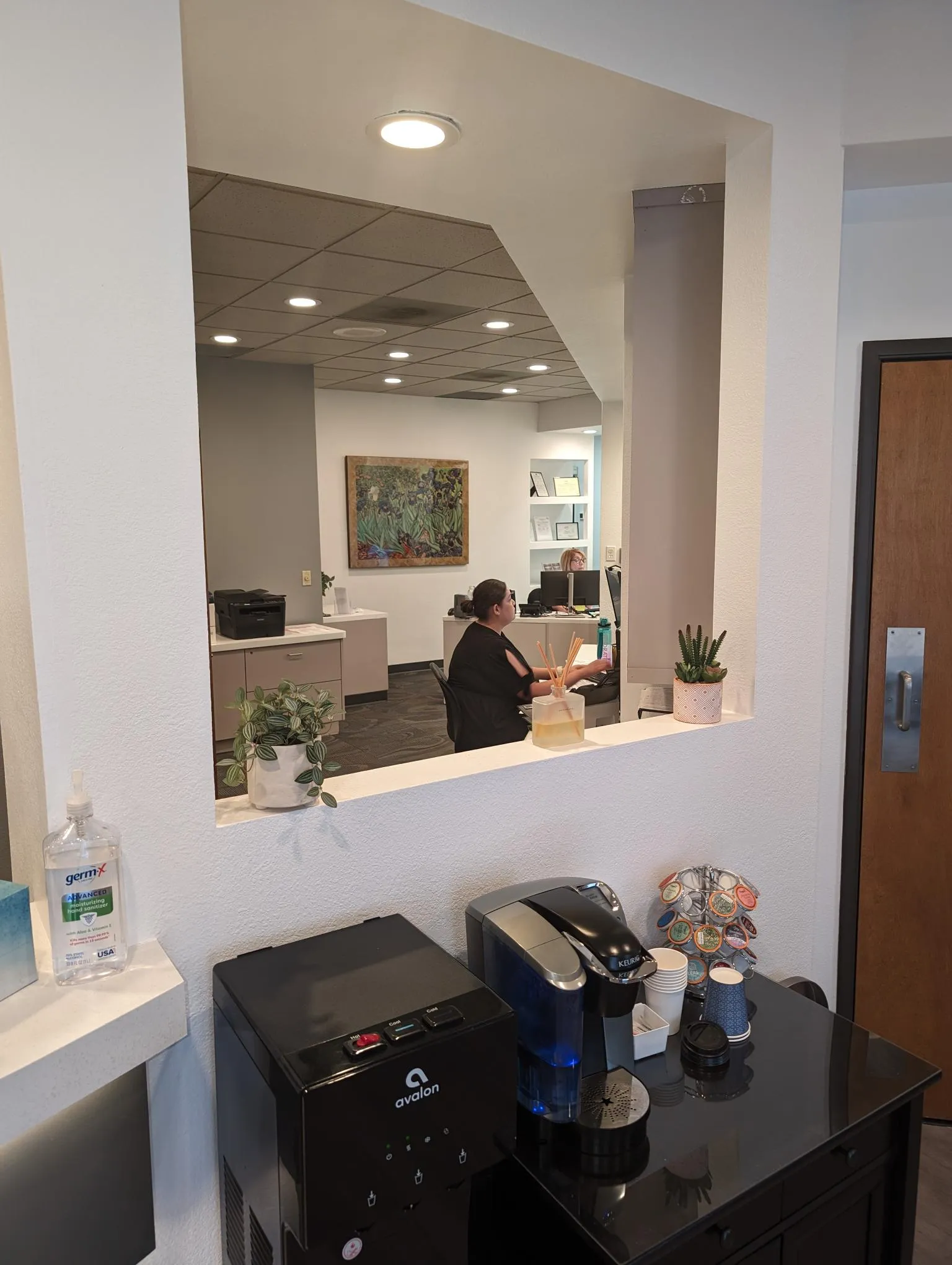














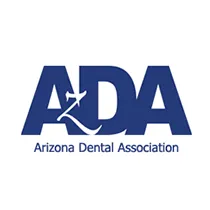
DENTAL CARE TEAM Tucson, AZ
OUR SOCIALS
Check us out and follow our accounts on the following social media platforms